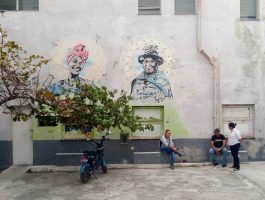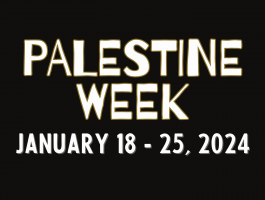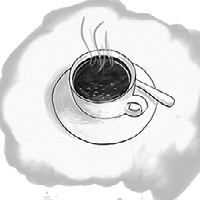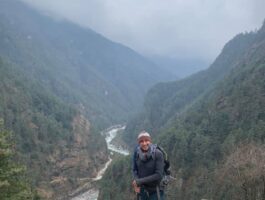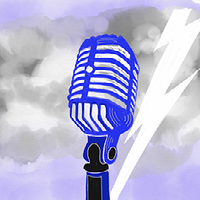The following is a guest post by Busboys and Poets customer Dr. Donna Oriowo. To read the complete post, please visit her website.
Here is a little disclosure about me, I don’t generally like autobiographies. I find that they can be terribly dull and full of pomp. I know I read The Last Black Unicorn by Tiffany Haddish, but if you’ll remember, I also said that the writing left much to be desired. But Gabrielle Union’s book
We’re Going to Need More Wine: Stories That Are Funny, Complicated, and Are True
was a delight to read! It was finished before I was.
Within this book, there were so many nuggets can could be the area of focus. We could talk about how we pretend to be something/someone we are not so that we can fit into various groups. We could also talk about what can happen to a relationship when our significant others’ family doesn’t like us. We can talk about the impacts of sexual assault, being with the wrong person, or finding the right person. But what I want to talk about is the process by which Gabrielle Union, not only created a wholly new unit with her husband, Dwayne Wade, but also what her experience in Blackness confirms and re-teaches us.
At the very beginning of this book, Gabrielle explains the way in which she will tell us of her experiences. She pretty much goes in chronological order of her life, while also delving into what they mean in the context of living and learning in America. As a never-gonna-be-considered-a-light-skinned-woman female, I feel like I can hold on to her experiences just a little more than I could for someone who has light skinned privilege. This for me is as important a distinction as knowing that the experience of Black women is different than the experience of white women and other Women Of Color (WOC). It matters because there are levels to privilege in this country. While ALL women are generally, second class citizens, WOC are more likely to be further disrespected and disadvantaged due to their race. While WOC are disrespected due to their race, there still exists (across ethnic status) a general anti-Blackness. When you are Black, you are the “anti.” You are the very essence of what people do not want to be, so that they can hold some status of being privileged. For me, the story of say..Paula Patton would be very different from Gabrielle Union. Yes, both are women of color. Both may even identify as Black women. But one of those women is walking around wearing the gown of light skinned and hair texture privilege that the other can’t even walk into the store to purchase. These are made to order gowns, that are hard as hell to remove. It’s not anyone’s “fault” that some people get to wear it and others don’t, but I think it’s safe to say there are advantages (financial and otherwise) that come with being able to wear that particular privileged gown.
Anyway, I found that the general life experiences of Gabrielle Union were completely relatable. Her formative years seemed to be spent trying to fit in, but with the Blackness rules in tact. She shed pieces of herself to fit in with the rich white kids of her school. She cloaked herself in Blackness when she was around her own. And she maintained the idea that she would need to work twice as hard to get half as far. She also understood that it would often be her perverse pain (and pleasure?) to be the representative of the entire Black race, in spaces where many white folks are gathered. Many people have their story about how they change the outward essence of who they are to be with various crowds. Lots of people, but perhaps fewer than the many who change themselves, remember the moment when that stopped being the case. For me, one of the many times this metamorphosis happened was in high school. When I realized that I didn’t like quite as many people as I thought I should. And when I got to the point where I realized I wouldn’t be with those people forever, I said “fuck it, I am gonna do me.” And I did. I stopped worrying about what the people thought of me and did what was ME—reading, loving my family, eating, etc. Gabrielle Union, my twin, also experienced something similar. Her’s also seemed to happen in stages, with one of the most obvious forms of the metamorphosis coinciding with the writing of this book.
Gabrielle talked about how her skin tone kept her from certain roles, from fitting in completely with her white friends, who couldn’t understand her experience. She spoke about her self-esteem and tearing down other people to feel better about herself; tactics that did not actually work. But what I am most humbled by her sharing is her black experience as someone with money (and fame), and trying to buy the feeling of safety of her neighbors as a way to barter for her life and the life of her husband and step-sons.
